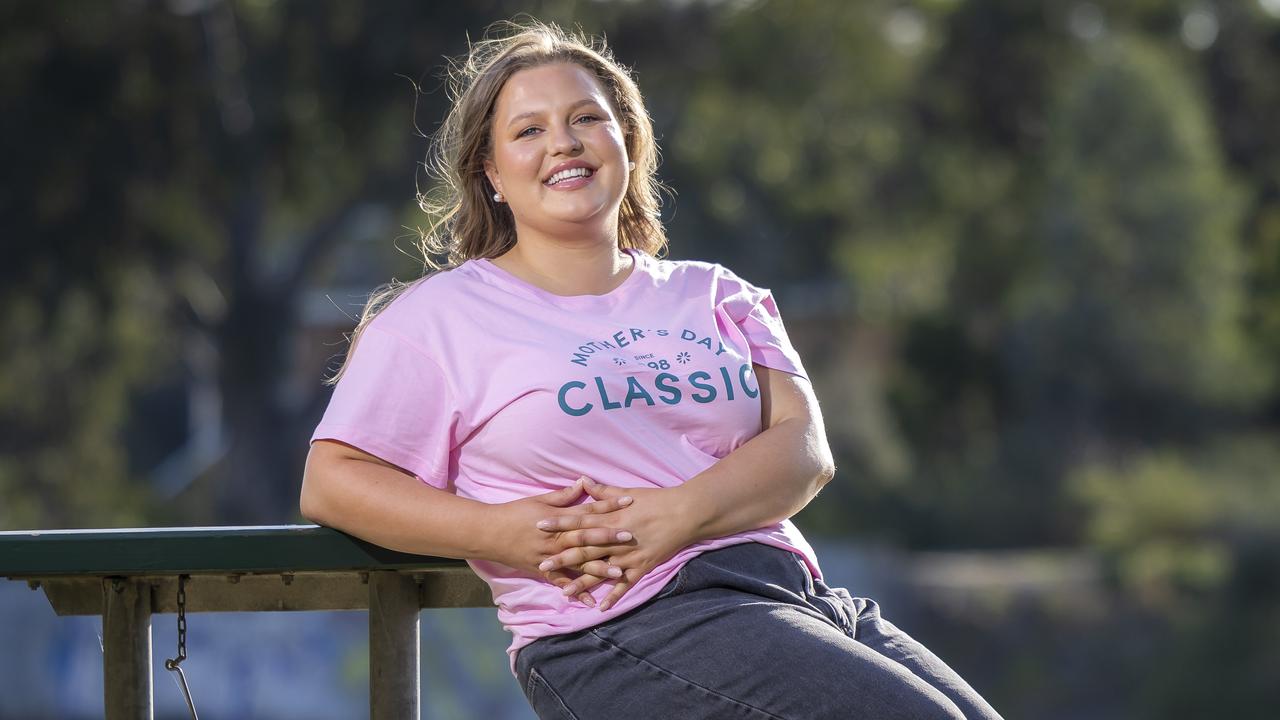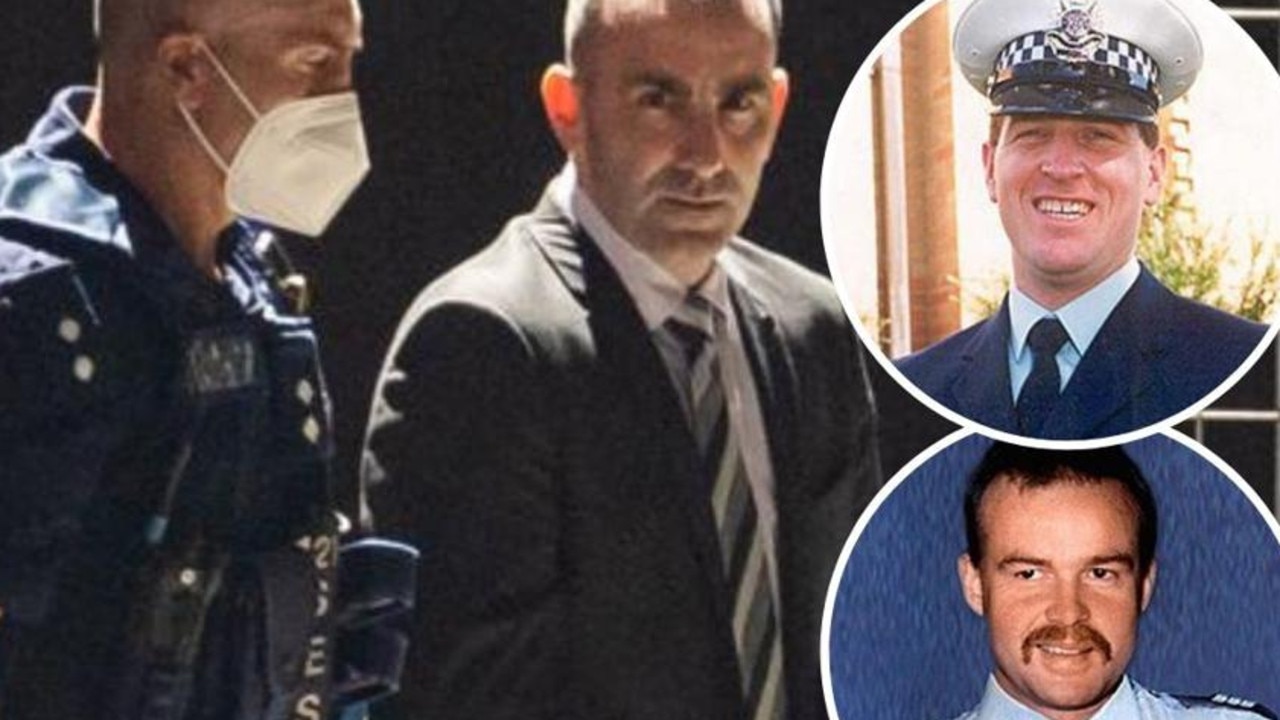Cancer patients and survivors in Vic skipping medication and scans because they’re too expensive
Cancer patients and survivors in Victoria are being forced to skip essential medication and scans because they are too expensive, new data shows.
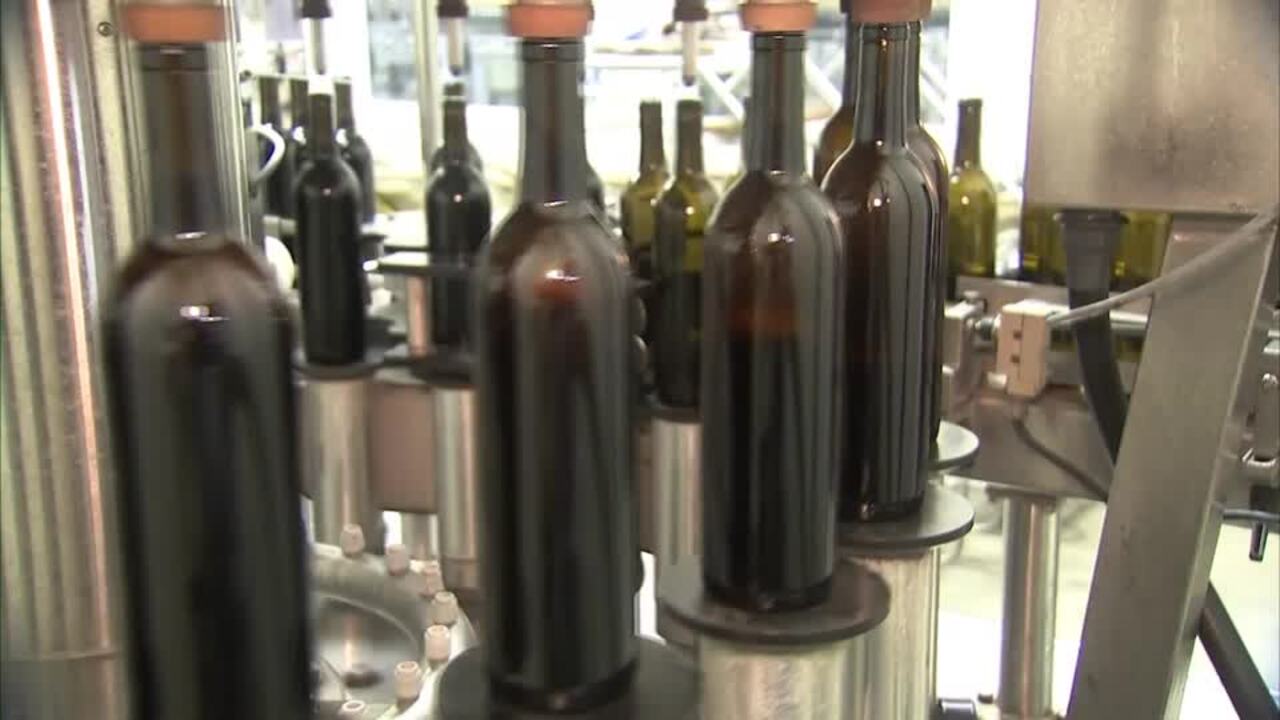
Victoria
Don't miss out on the headlines from Victoria. Followed categories will be added to My News.
Victorian cancer patients and survivors are skipping medication and scans because they cannot afford them, a peak charity has warned, as demand for financial counselling skyrockets.
New data from Cancer Council Victoria’s free helpline have exposed the true cost of rising daily expenses, with some of our state’s sickest residents facing impossible choices to make ends meet.
The helpline had to refer a staggering 52 per cent more calls to specialised financial counselling services between January and November 2024 than the previous year.
The charity’s strategy and support head Danielle Spence said there was a noticeable increase in cost-of-living related calls and, sadly, she expected it to rise even further in 2025.
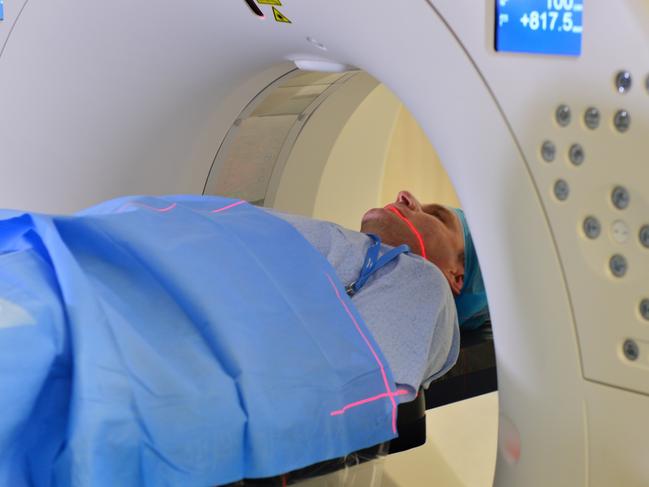
“It’s that double whammy of a cancer diagnosis impacting on people’s ability to work at the same time as the struggles they may already be having with higher interest rates and the cost of utilities and just the general cost of living,” she said.
“For the first time, people might have to start to think about things like accessing welfare.”
She said patients were going without because they were trying to “hang on and keep paying those mortgages”.
“Sometimes that can impact on people picking up medication, having scans, having regular tests,” she said.
“We’re devastated if we hear that someone might not have picked up their cancer recovery drugs.
“We’re devastated if someone skips a follow-up scan or a blood test because that might incur costs for them.
“We also know that families are having to prioritise, having to put food on the table, et cetera, so I think it’s a real juggle.”
Ms Spence said we were incredibly lucky to have a “fantastic” public healthcare system, but prescription medicines, “expensive” hospital parking and lengthy periods of being unable to work added up.
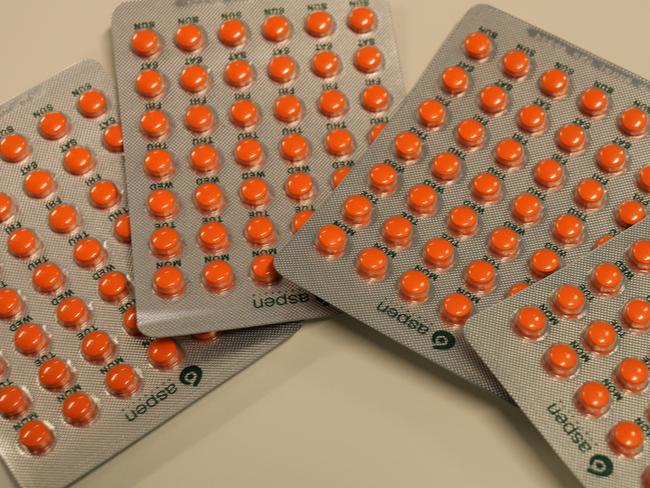
“For rural or regional people, they’re having to pay for accommodation when they come down to the big cancer centres,” she said.
“We know that there is very little rebate for people.”
She said the shortage of financial counsellors in the community who specialised in working with people with serious illness exacerbated the issue.
“The hospital system doesn’t have these types of services,” she said.
“Social workers tell us that they can be overwhelmed and they don’t have referral pathways other than community services.”
She said more people called their helpline for support on cancer’s emotional and logistical fallout than with questions about their treatment or diagnosis.
Data shows that of the more than 12,000 calls last year, a third needed emotional support, with another 2200 seeking practical — including financial — advice. This compared to about 1780 queries on cancer treatment, and less than 700 on early detection and screening.
Ms Spence said while more calls were categorised as emotional support — emotional counselling referrals also increased by 31 per cent last year — money concerns were a common factor.
“[It] often spills over into talking about finances as well,” she said.
“People are exhausted having to tell their stories to their bank, their utility providers, their council about their rates.”
She encouraged anyone impacted by cancer who was struggling to call them on 13 11 20 for free, confidential advice and said their financial counsellors could help people budget, but also navigate talking to their bank or utility providers.
“You don’t have to go through your cancer experience alone,” she said.


